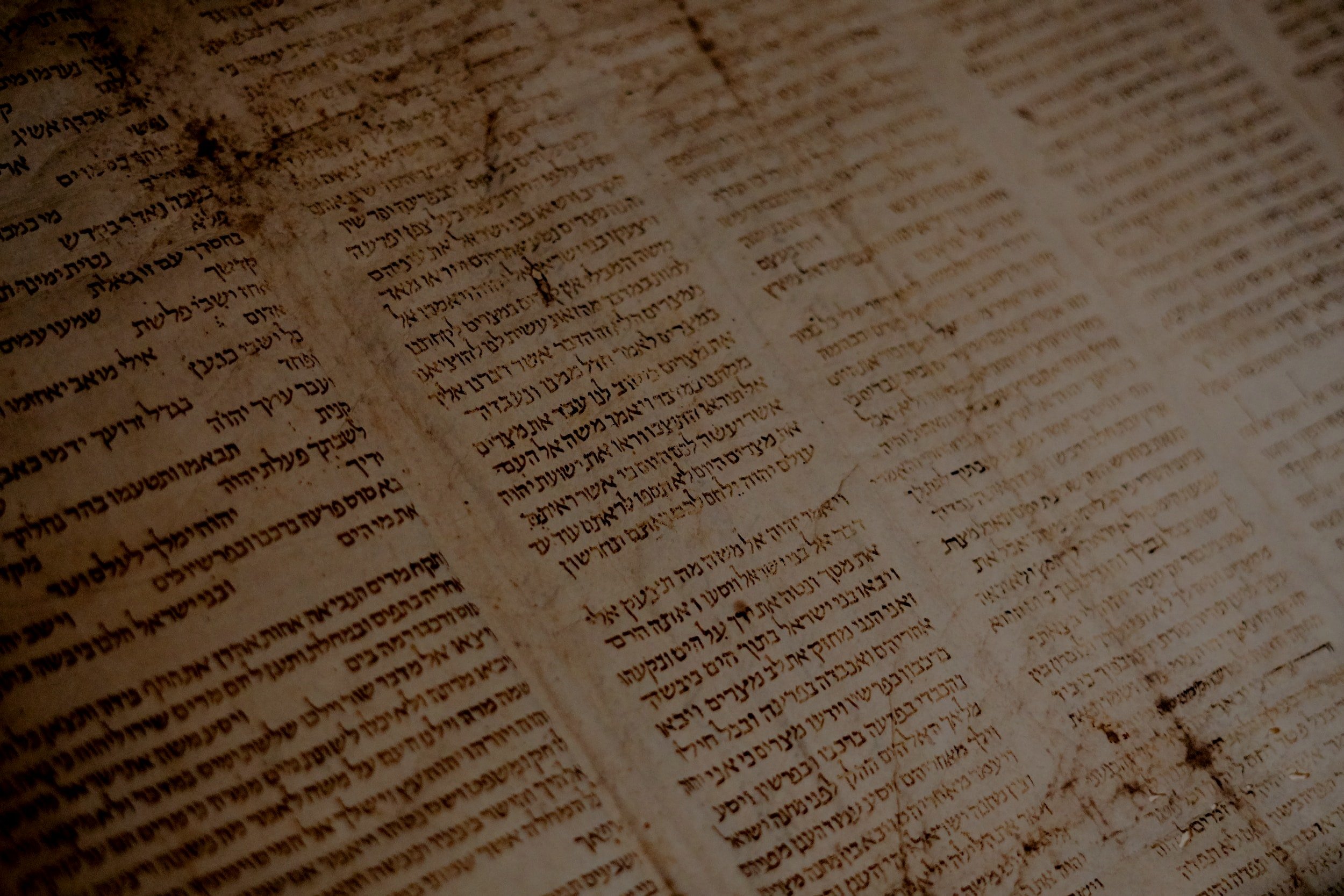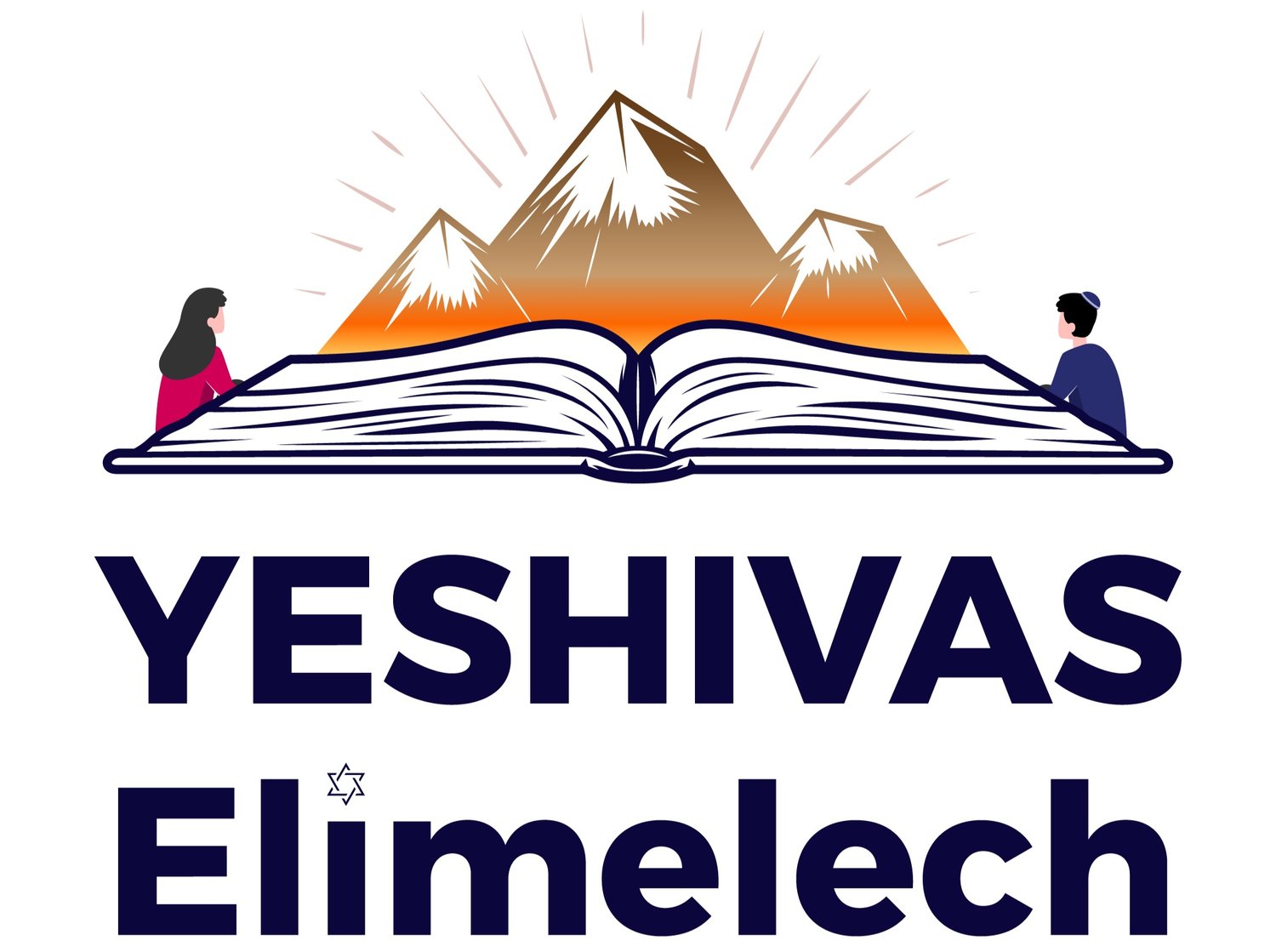
Moed Katan 29a
By Rav Hillel Brazin
In honor of the next hakafah I am going to share a sugyah from Mesechet Moed Katan that stood out to me when we were learning this daf together as a yeshiva this past year.
מועד קטן כ״ט א:ב׳
וְאָמַר רַבִּי לֵוִי בַּר חַיְתָא: הַנִּפְטָר מִן הַמֵּת, לֹא יֹאמַר לוֹ ״לֵךְ לְשָׁלוֹם״, אֶלָּא ״לֵךְ בְּשָׁלוֹם״. הַנִּפְטָר מִן הַחַי, לֹא יֹאמַר לוֹ ״לֵךְ בְּשָׁלוֹם״, אֶלָּא ״לֵךְ לְשָׁלוֹם״. הַנִּפְטָר מִן הַמֵּת, לֹא יֹאמַר לוֹ ״לֵךְ לְשָׁלוֹם״, אֶלָּא ״לֵךְ בְּשָׁלוֹם״, שֶׁנֶּאֱמַר: ״וְאַתָּה תָּבֹא אֶל אֲבוֹתֶיךָ בְּשָׁלוֹם״. הַנִּפְטָר מִן הַחַי, לֹא יֹאמַר לוֹ ״לֵךְ בְּשָׁלוֹם״, אֶלָּא ״לֵךְ לְשָׁלוֹם״, שֶׁהֲרֵי דָּוִד שֶׁאָמַר לְאַבְשָׁלוֹם ״לֵךְ בְּשָׁלוֹם״, הָלַךְ וְנִתְלָה, יִתְרוֹ שֶׁאָמַר לְמֹשֶׁה ״לֵךְ לְשָׁלוֹם״, הָלַךְ וְהִצְלִיחַ. וְאָמַר רַבִּי לֵוִי: כׇּל הַיּוֹצֵא מִבֵּית הַכְּנֶסֶת לְבֵית הַמִּדְרָשׁ, וּמִבֵּית הַמִּדְרָשׁ לְבֵית הַכְּנֶסֶת, זוֹכֶה וּמְקַבֵּל פְּנֵי שְׁכִינָה, שֶׁנֶּאֱמַר: ״יֵלְכוּ מֵחַיִל אֶל חָיִל יֵרָאֶה אֶל אֱלֹקִים בְּצִיּוֹן״. אָמַר רַב חִיָּיא בַּר אָשֵׁי אָמַר רַב: תַּלְמִידֵי חֲכָמִים אֵין לָהֶם מְנוּחָה אֲפִילּוּ לָעוֹלָם הַבָּא, שֶׁנֶּאֱמַר: ״יֵלְכוּ מֵחַיִל אֶל חָיִל יֵרָאֶה אֶל אֱלֹקִים בְּצִיּוֹן״.
Moed Katan 29a
And Rabbi Levi bar Ḥayyata said: One who departs from the deceased should not say to him: Go to peace, but rather he should say: Go in peace. One who departs from the living should not say to him: Go in peace, but rather he should say: Go to peace. One who departs from the deceased should not say to him: Go to peace, but rather: Go in peace, as it is stated: “And you shall go to your fathers in peace; you shall be buried in a good old age” (Genesis 15:15). One who departs from the living should not say to him: Go in peace, but rather: Go to peace, as David said to Absalom: “Go in peace” (II Samuel 15:9), and he subsequently went and was hanged; whereas Jethro said to Moses: “Go to peace” (Exodus 4:18), and he went and was successful. And Rabbi Levi said: Anyone who leaves from the synagogue and goes to the study hall or goes from the study hall to the synagogue, i.e., he goes from the mitzva of prayer to the mitzva of Torah study or vice versa, merits to receive the Divine Presence, as it is stated: “They go from strength to strength, every one of them appears before God in Zion” (Psalms 84:8). With regard to the same verse, Rav Ḥiyya bar Ashi said that Rav said: Torah scholars have no rest, even in the World-to-Come, as even there they remain in constant movement and ascent, as it is stated: “They go from strength to strength, every one of them appears before God in Zion.” Even when they are in the World-to-Come, they continue to go from strength to strength, until the final redemption will arrive in the end of days and God will appear in Zion.
It was such a zechus to study Moed Katan with the yeshiva this past year. It was especially meaningful as well, because it was the first mesechet I started learning with my third and fourth grade students when we started a Daf Yomi club at school. When we learned this daf together, they were all aware of the expression "l'shalom" as that is how I sign my emails. They were able to draw the connection from the words of the Talmud to a practical application and now know the source of this special signature I use! It was a very meaningful moment and I was very glad to see my worlds of teaching and learning coming full circle.
May our celebration of Simchas Torah continue l'shalom!!!
